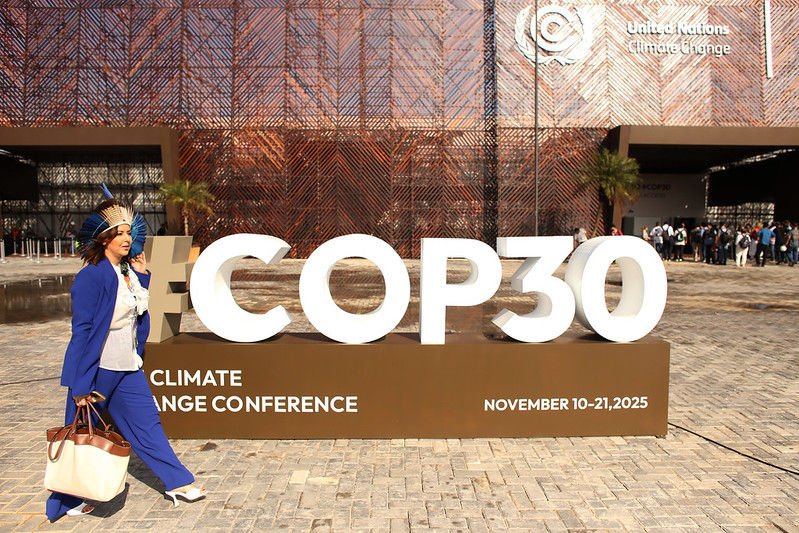Path to Zero: say no to natural gas (OPINION)
- gosiarychlikeu
- Jul 7, 2022
- 3 min read
From Big Oil employee to a climate activist. Why should we say no to natural gas?
Read a recap of a speech by Erik Dalhuijsen made during a "Say no to natural gas" workshop organized by Climate Reality Europe on the 29th of June. Erik Dalhuijsen is a consultant petroleum and sustainability engineer, a climate change activist living in Aberdeen, and co-founder of Aberdeen Climate Action CIC
Erik began by outlining his career in the oil industry. Having worked for Shell in Aberdeen and the Middle East, he was eventually made redundant as a result of job losses triggered by oil price changes. His first direct encounter with the concrete evidence of climate change came in the context of sailing across the Atlantic in 2004, when he observed the shift in hurricane-related insurance periods. In 2012, when working on a government carbon storage project, he became aware that, unlike most project scopes, this project, worth billions of pounds of government money, lacked a risk timeline. Having undertaken more detailed research, he came to an understanding of the enormity of the climate change issue.
His personal story is an illustration of how easy it is to remain unaware of the true extent of the climate crisis. His growing acknowledgment of the situation was consolidated as a result of the 2014 oil price drop, when three of his projects were cancelled and many of his acquaintances lost their jobs, leading to a change of focus in his work. In the lead-up to COP21 he founded Aberdeen Climate Action, the city’s first environmental awareness-raising organization. The initial focus, in the context of the 220 oil platforms in the North Sea that will have to be removed at some point, was the question “Why is decommissioning not happening?” Looking further into this issue, his first insight was that oil companies have “gone rogue”: they lie, and they push their own agenda. His second insight was that oil companies influence and directly control governments through effective lobbying networks.
In the meantime, during his career, the average global temperature had risen by half a degree and the CO2 content in the atmosphere had risen by 20 percent, reinforcing the message that the transition must be accelerated and that every year of delay is critical.
Erik then went on to illustrate how the statistics quoted by the oil industry and government to indicate the number of energy sector jobs that will be impacted by the transition in the UK are misleading. Many of the jobs included in the statistics are in indirect and service-related sectors, and these jobs will remain stable whatever replaces the oil industry. The actual proportion of oil industry employees is far smaller than claimed (at just 0.1% of the workforce in the UK and 0.5% in Scotland), thus the shift will not be as massive as the government and oil industry claim.
Erik then went on to discuss the issue of energy security, which is achieved when a country produces more energy than it imports. To get to this point, the government claims that production must be increased, although a more rational way to achieve energy security is to cut consumption so that demand can be met without relying on imports. Erik emphasized that energy security cannot be achieved by new gas infrastructure investments, which will merely contribute to the climate crisis and delay solutions, embedding new fossil fuel emissions for the next 40 years. It can only be achieved by investing in energy consumption reduction and shifting from gas to renewables.
Erik’s graph illustrating gas consumption showed how gas is being used in Scotland mainly in the winter months for heating. This consumption can immediately be reduced by installing proper insulation in housing, for example, bearing in mind that the UK has the worst-insulated housing stock in Europe. The graph also showed that while electricity consumption in Scotland can be covered by renewables, gas consumption cannot, thus the only effective solution is to reduce demand.
Erik finished his presentation by referring to the “addiction model” in the oil and gas industry, where the focus is on expanding sales of gas. Even the industry’s and government’s narratives surrounding hydrogen, carbon storage, and waste to energy are all designed to increase gas turnover.
In response to a question on the issue of how to steer actors and create a market that will trigger investments in renewable energy, Erik suggested that the poor record in the UK in the last 35 years in terms of home and building insulation is due to the fact that there is a gap between the government, which lacks a clear understanding of what needs to happen, and companies that are able to carry out the work but lack a broad overview of how it should happen. In the middle are investors, who are keen to get involved but who need an organization that removes the complexity, allowing the installation companies and supply chain to get on with the work.






![Turning to local climate action [webinar recordigns & resources]](https://static.wixstatic.com/media/49dc72_7c0b72dc499c4a6b99314f5bf07b6a47~mv2.jpg/v1/fill/w_980,h_551,al_c,q_85,usm_0.66_1.00_0.01,enc_avif,quality_auto/49dc72_7c0b72dc499c4a6b99314f5bf07b6a47~mv2.jpg)
Comments